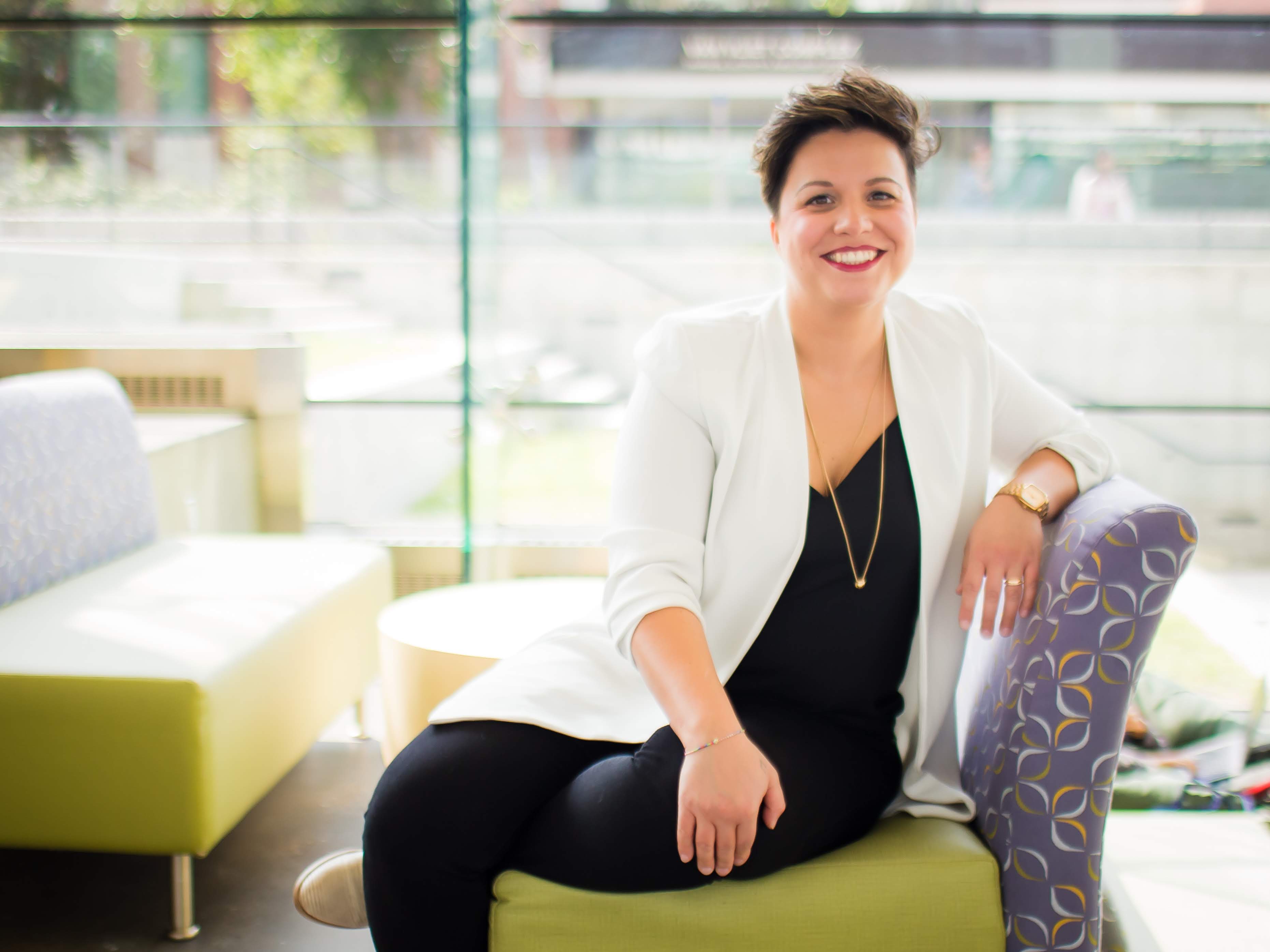Satellite Psychologists in Faculties
Satellite Psychologists are part of the CCS team, but work in different faculties to help staff and faculty better support student mental health. In addition to delivering therapy to students, they are available to consult with staff and faculty, deliver workshops, and collaborate on projects and events.
Satellite Psychologists are currently partnered with the Faculty of Arts, Faculty of Education, Faculty of Engineering, Faculty of Science and the Faculty of Graduate & Postdoctoral Students (GPS).
NOTE: Students seeking therapy with a satellite psychologist must still go through the initial consultation process through the main clinic at CCS. Satellite psychologists are not available for crisis situations.
How A Satellite Psychologist Can Help
Consultation
Satellite psychologists can consult with staff/faculty in two ways:
Individual Consultations
Staff and faculty can consult with their satellite psychologist to get support and guidance on how to help students who may be struggling. Common reasons to consult include how to respond to a concerning comment or behaviour from a student, how to handle a sensitive matter with a student in distress, or how to support a student who has disclosed mental health struggles.
Joining Committees
Satellite psychologists can join or contribute to committees that may benefit from a mental health perspective. Satellite psychologists have been part of committees such as Days of Action and the Sexual Violence Policy.
Education
Satellite psychologists can deliver workshops as well as join in other training or presentations relating to mental health and wellness. Our most popular workshop for staff and faculty is Identifying, Helping & Referring Students in Distress. Satellite psychologists have also been involved in many faculty specific teaching and training programs including Bridge 2 Engg, Engg 100 series, the Graduate Teaching & Learning Program, GPS’ Ethics and Academic Citizenship requirement, and the Graduate Student Supervisory Development Program
Collaboration
Satellite psychologists can work with faculty, staff and students on events, initiatives and projects that support mental health on campus. Collaborations generally fall into three categories:
Wellness events and activities
Satellite psychologists have been involved in many wellness activities including Colour Me Happy, Take a Break, Engineering Wellness Week, and Healthy Snack Handouts.
Ongoing mental health initiatives
Satellite psychologists created ongoing projects such as the Dear Maddi advice column, the Grad School Confidential podcast and the yearly creation and distribution of self-care kits for first year engineering students.
Resource development
Satellite psychologists can help with resource development. They have created content for newsletters, websites, handouts, curriculums, syllabuses and student handbooks.
Satellite Team

Jasmine Bajwa,
Ph.D., R.Psych.
Satellite Psychologist
Faculty of Engineering
2-300 DICE
jbajwa@ualberta.ca
780-492-0411

Maddalena Genovese,
M.Ed., R.Psych.
Satellite Psychologist
Faculty of Science
1-001CCIS
genovese@ualberta.ca
780-492-5205

Suman Varghese,
M.A., M.Ed., R.Psych.
Satellite Psychologist
Faculty of Arts
1-17 Humanities
Faculty of Graduate & Postdoctoral Studies
2-29 Triffo Hall
suman@ualberta.ca
780-492-5205
Kimberly Shelley,
M.Ed., R. Psych
Satellite Psychologist
Faculty of Education
1-107 Education Centre North
780-492-5205
Frequently Asked Questions: CCS Satellite Psychologists
If my faculty does not have a satellite psychologist, can I still access the same services?
Yes! Check out services for faculty and staff or call our clinic at 780.492.5205 and let us know about your needs.
If I have a distressed student in my office, how can a satellite psychologist help?
Satellite psychologists can offer training on how to help students in distress. However, they are not available for immediate/crisis support as they are often with clients or in other meetings.
If a student is looking for psychological support, you can help them book an initial consultation at our clinic by calling 780.492.5205. Another option is to direct the student to the Peer Support Centre, which often has same or next day appointments and provides support and resourcing.
If you believe the student is in crisis and needs immediate support, they can contact the Distress Line at 780.482.4357.
If you believe a student may be at risk of harming themselves or others you can contact Helping Individuals at Risk. If there is an imminent risk, call 911.
Which students do satellite psychologists see for individual therapy?
Satellite psychologists see undergraduate and graduate students from all faculties across campus. Students who work with satellite psychologists must go through the initial consultation process through the main CCS clinic.
If I'm concerned about a student, can satellite psychologists tell me how that student is doing?
Due to confidentiality, psychologists cannot confirm if a student is accessing counselling or not. They also cannot provide any information about students who are accessing counselling without the expressed written consent of that student.
Can staff/faculty see a satellite psychologist for therapy?
All psychologists at CCS can only provide therapy to students. Staff and faculty can access therapy through the University's Employee and Family Assistance Program (EFAP).
How can I involve a satellite psychologist in a project that might touch on mental health?
Satellite psychologists enjoy the opportunity to collaborate. You can contact them directly to discuss your project and determine if they can help. You can also get in touch with them by calling our main clinic at 780.492.5205.
How can I request a workshop or presentation?
You can contact your satellite psychologist directly if you would like to request a workshop. If you do not have a Satellite Psychologist in your faculty, fill out our workshop request form.
Why are satellite psychologists located outside of CCS?
The intention of the satellite model was to decentralize mental health services and make support more accessible and comfortable for students, as well as to build supportive and collaborative relationships between CCS clinicians and the broader campus community.